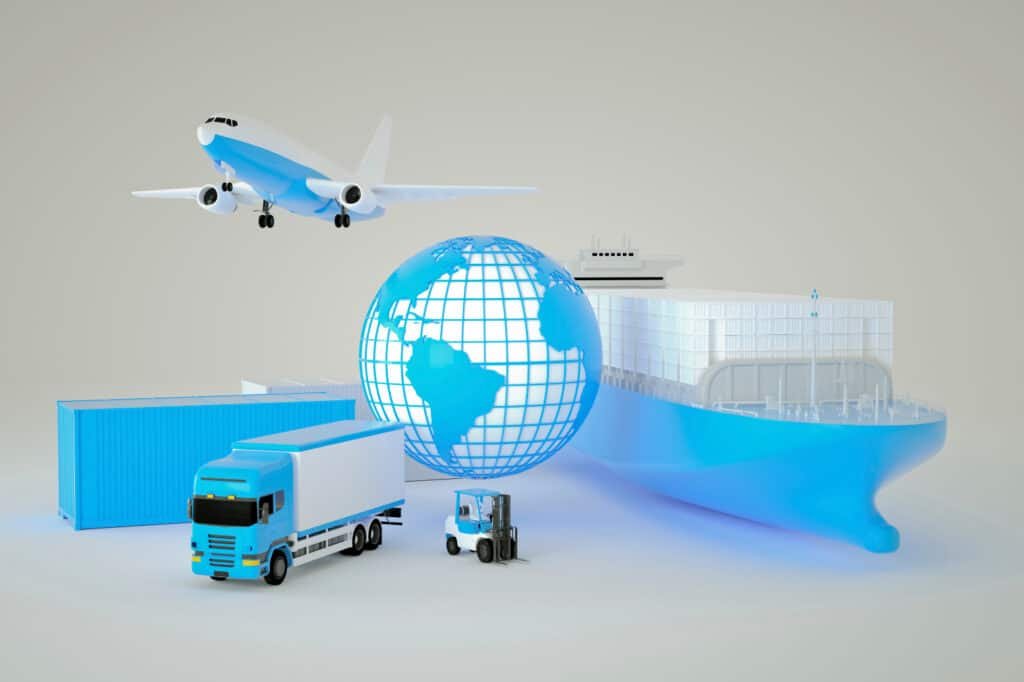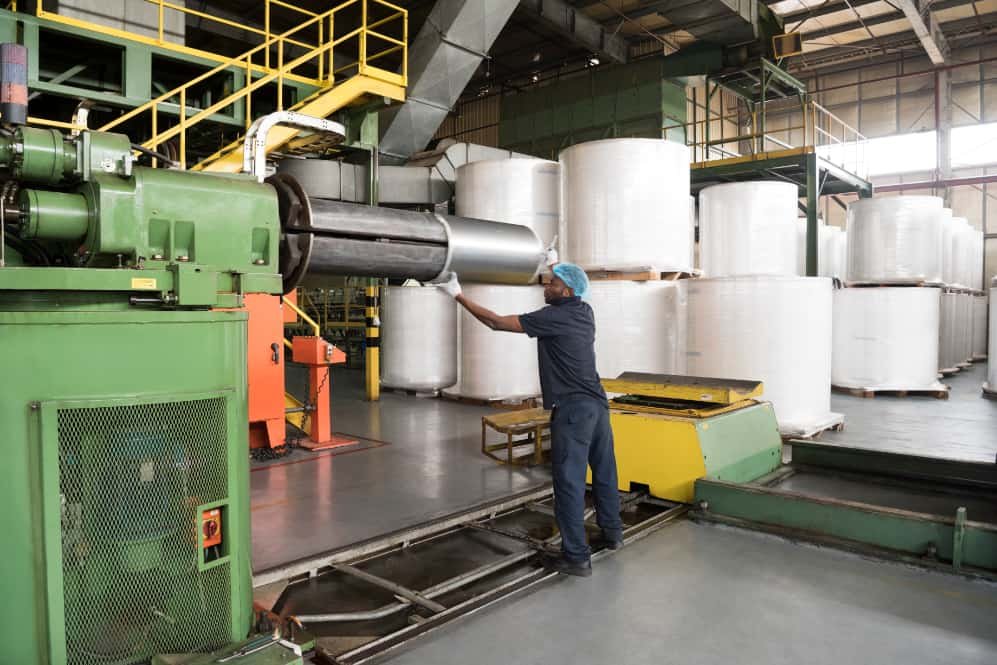
China has a good relationship with a number of African countries. After the People’s Republic of China was founded in 1949, China has established diplomatic relations with most African nations. In 1971, many African countries voted for China to be re-instated in the United Nations. During the past 40 years, a significant amount of trading has taken place between China and Africa. China is the main business partner of African countries now. China is now offering an increasing amount of opportunities and scholarships to African students to study in China. Numerous African businessmen from Nigeria, Kenya, South Africa etc. import from Chinese suppliers every year.

What products do African businessmen buy most from China?
According to an official report, in 2019, the total import and export volume between China and African countries was worth approximately USD 206.83 billion. China’s exports to Africa accounted for approximately USD 112.86 billion. The main consumer products imported from China by African countries include textiles and household goods such as home appliances, lamps and furniture items; Smaller commodities such as bags, hats, shoes, toys etc. The most popular mechanical equipment products imported from China include electrical machinery and spare parts, power distribution equipment, pumps, gas compressors and fans, heating and cooling equipment, telecommunications equipment, circuit boards, civil engineering related equipment, loading-offloading machinery equipment and parts. In addition, motor vehicles and motorcycles, as well as their spare parts are also regularly imported to Africa from China. Lately, there has been a demand for importing building materials such as floor and wall tiles, roofing sheets, steel, iron and other metal building materials, as well as non-metal building materials such as lime and cement.

Over the past decade, most African countries have relied on importing goods; however, an increasing number of African governments are attempting to encourage local people to invest and setup manufacturing plants in their own countries. We have witnessed some businessmen having already built their factories in their countries, which now produce some simple and basic commodities. It is expected that the demand for machinery equipment and spare parts will continue to increase. We believe that the manufacturing industries will develop at a faster rate in next 10-20 years in Africa.
